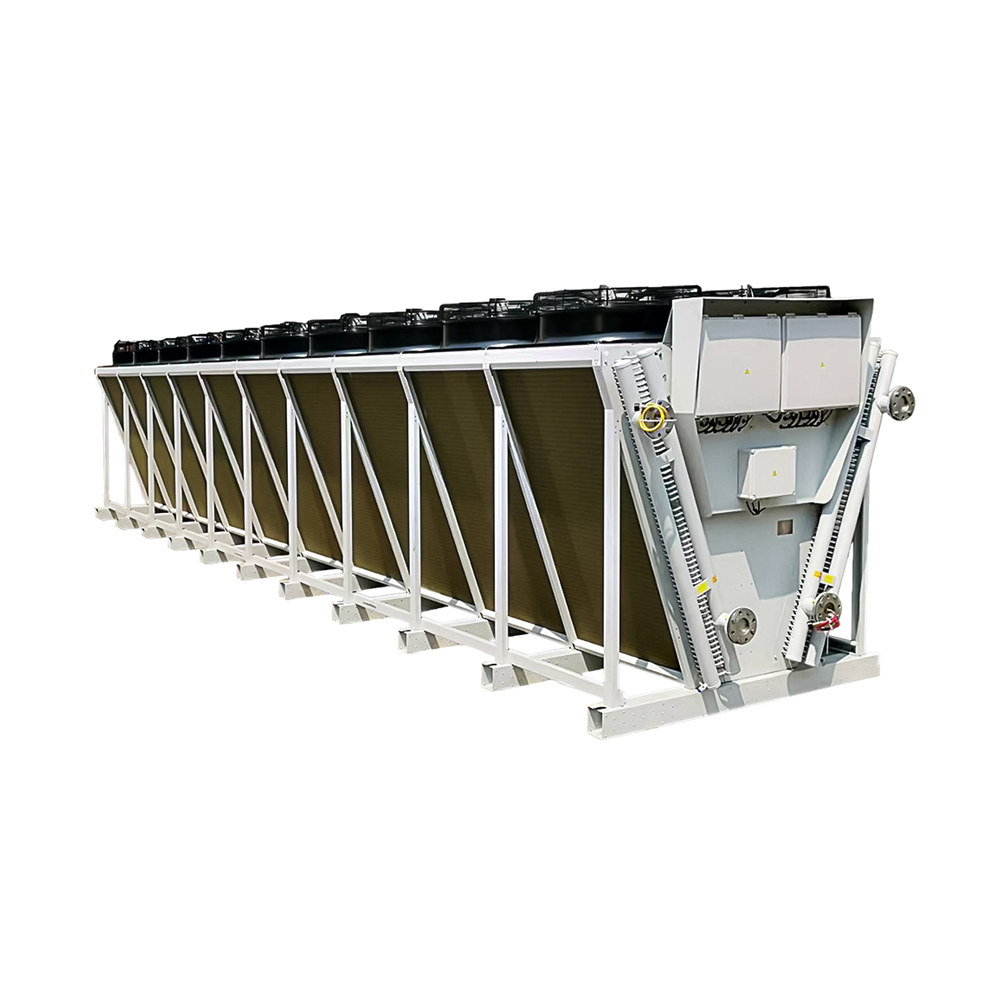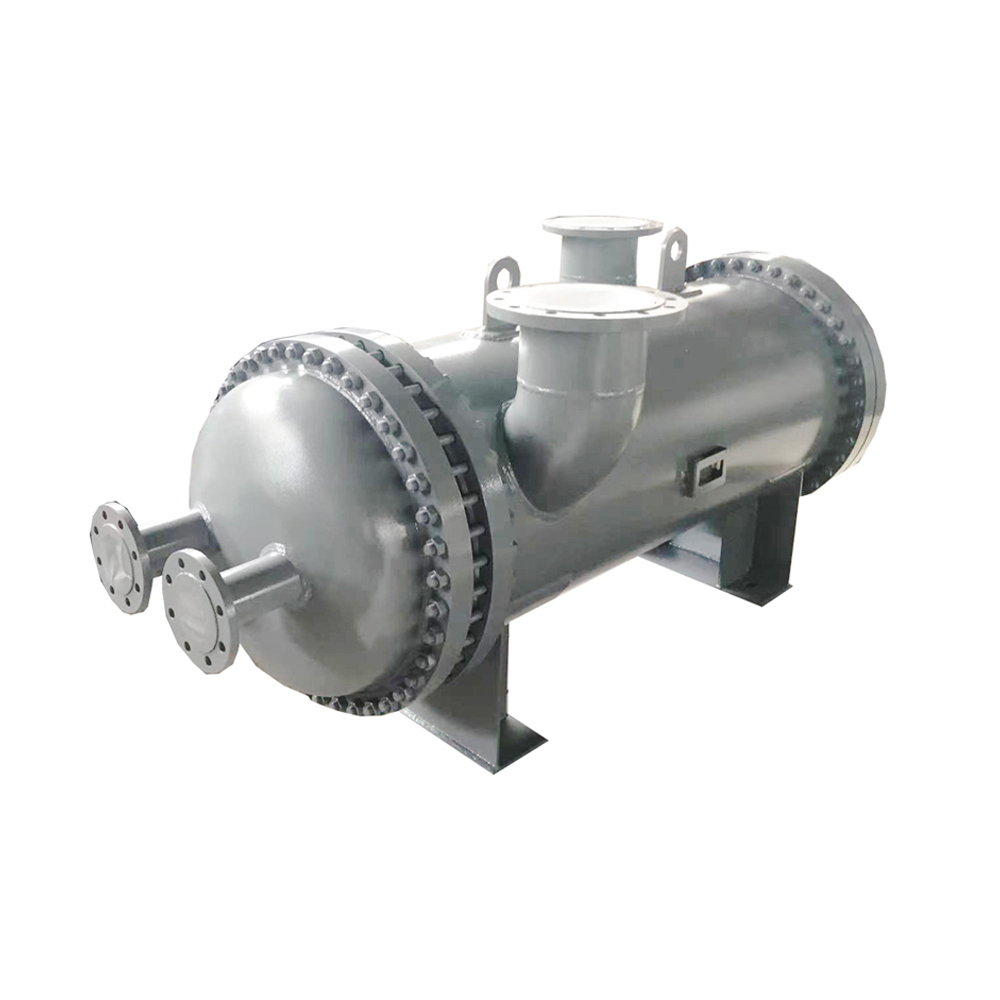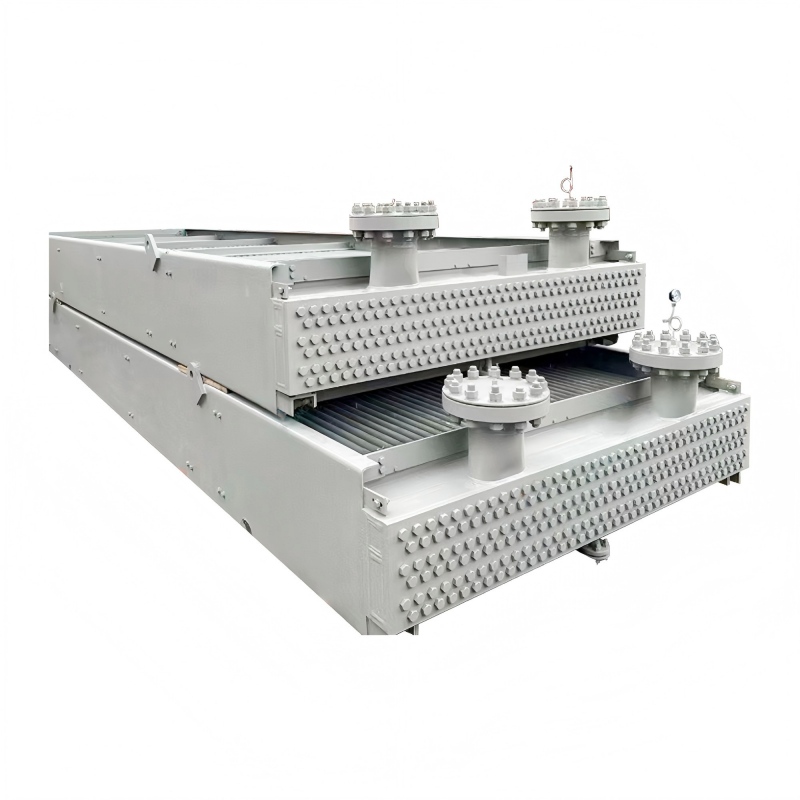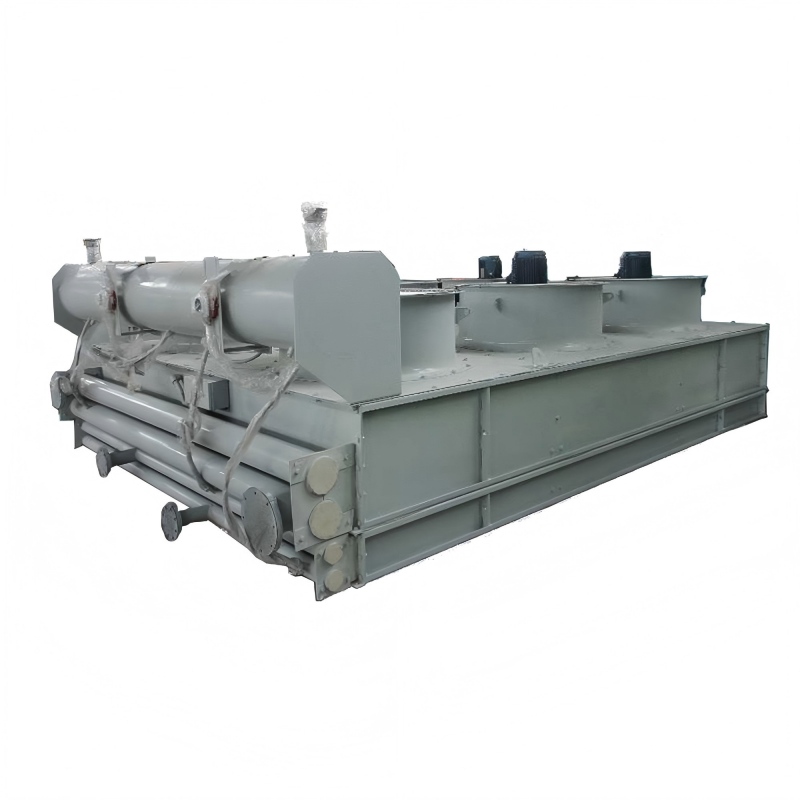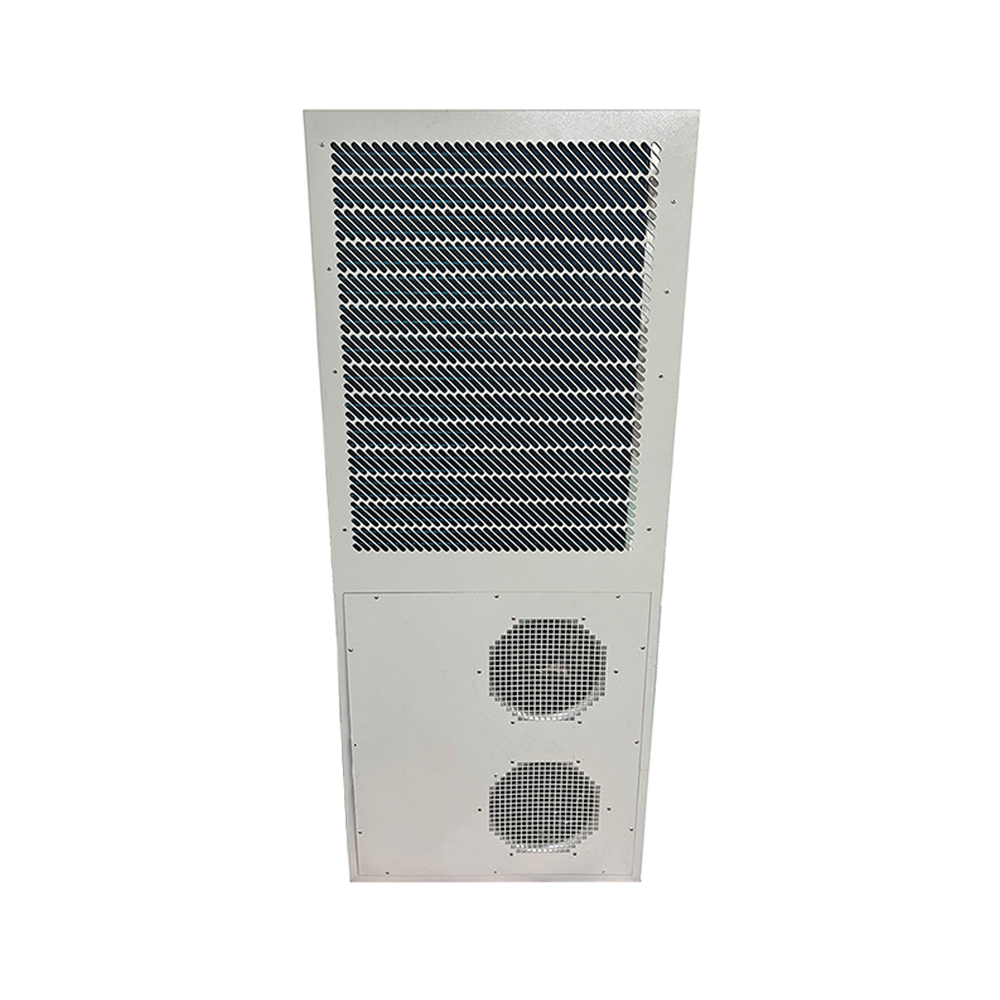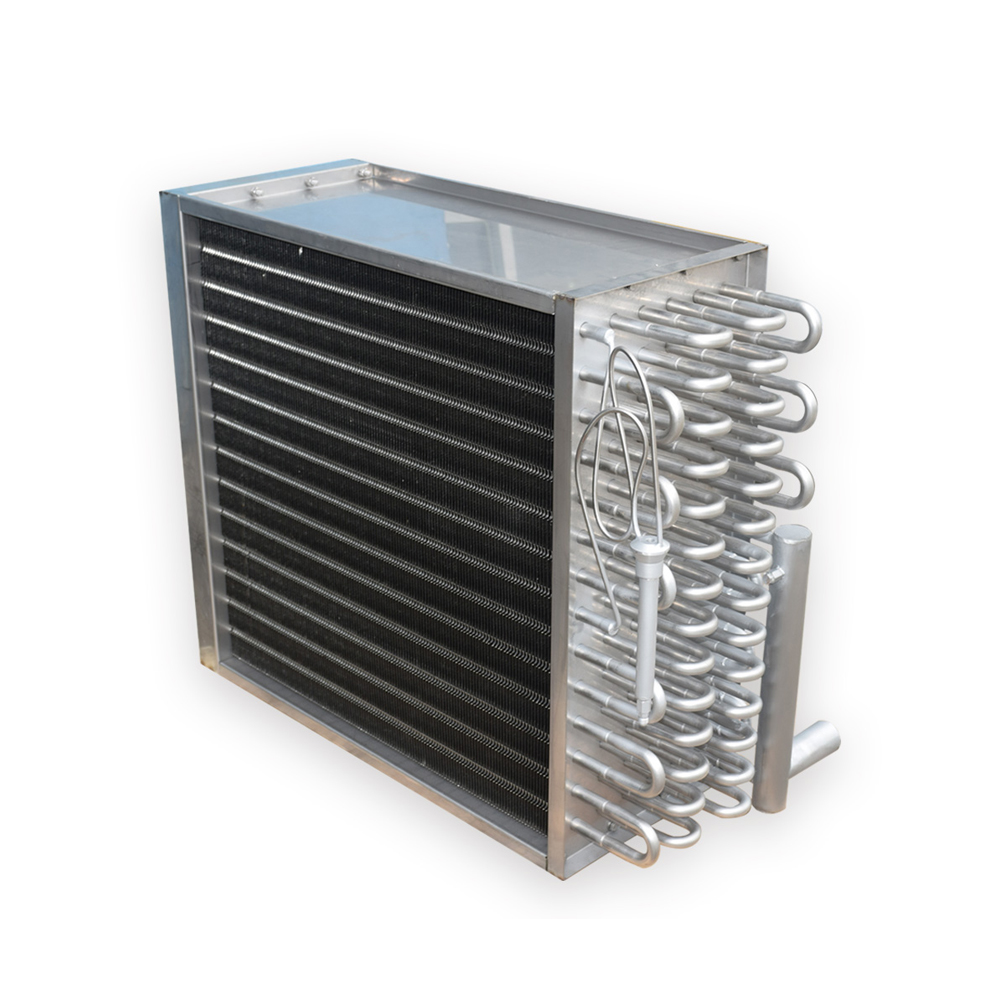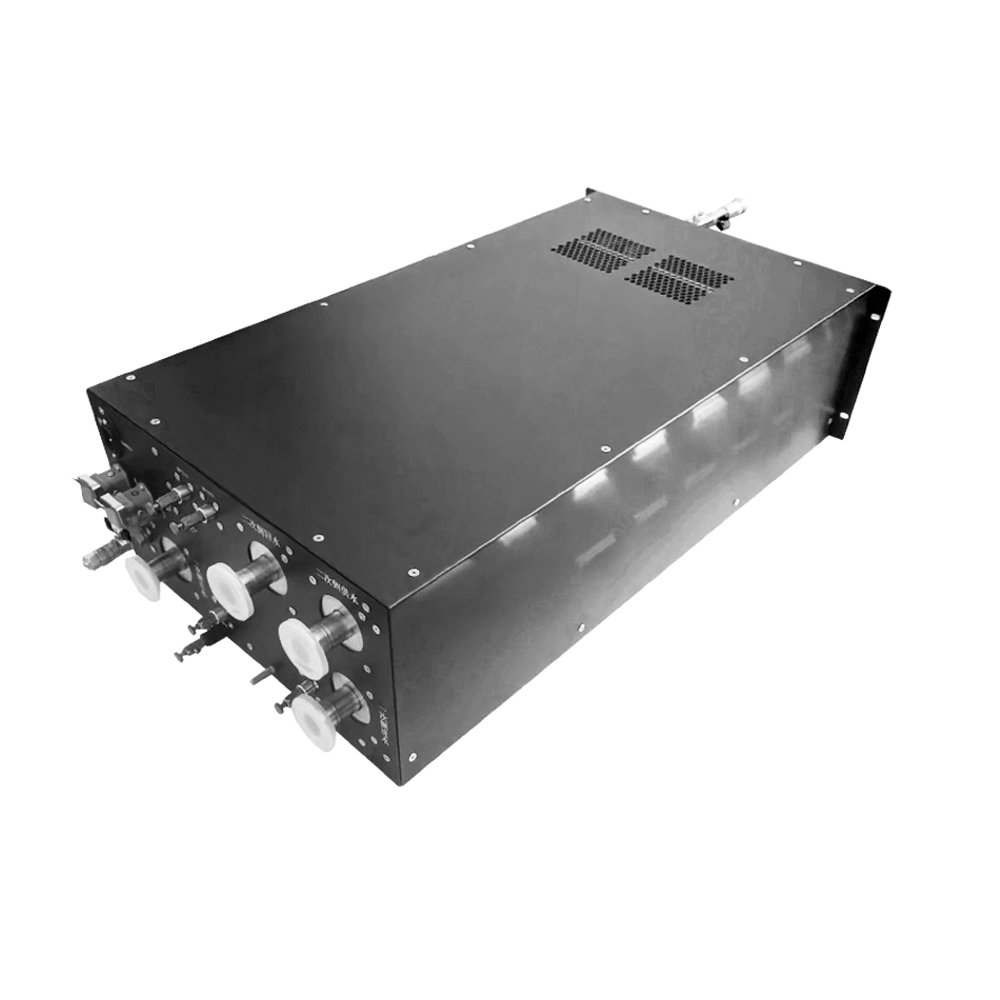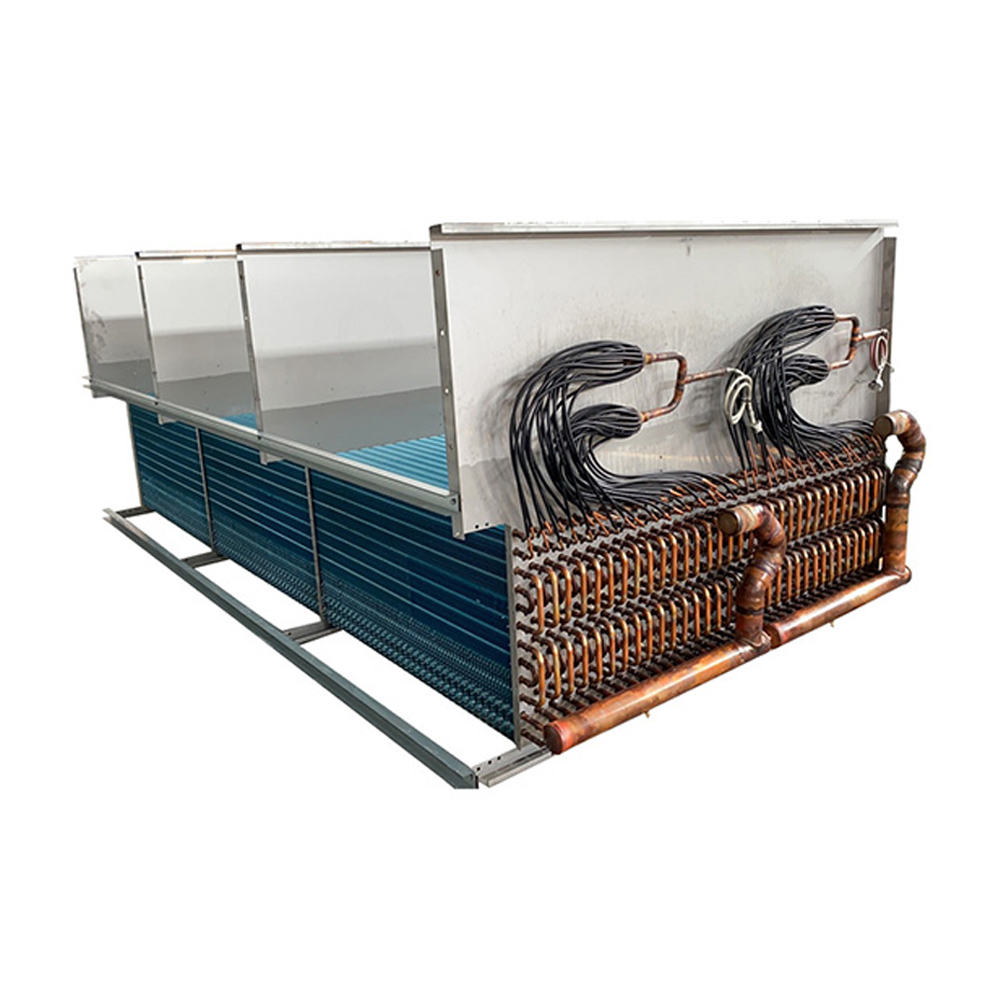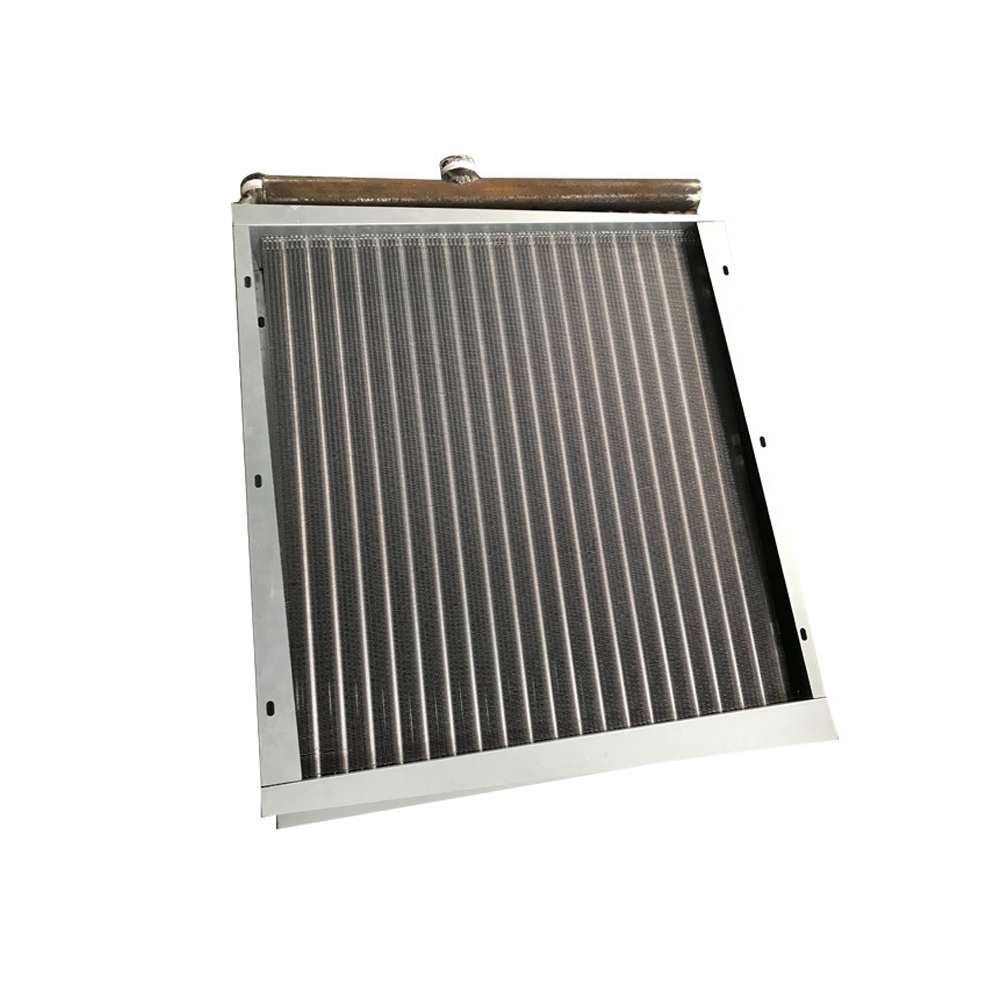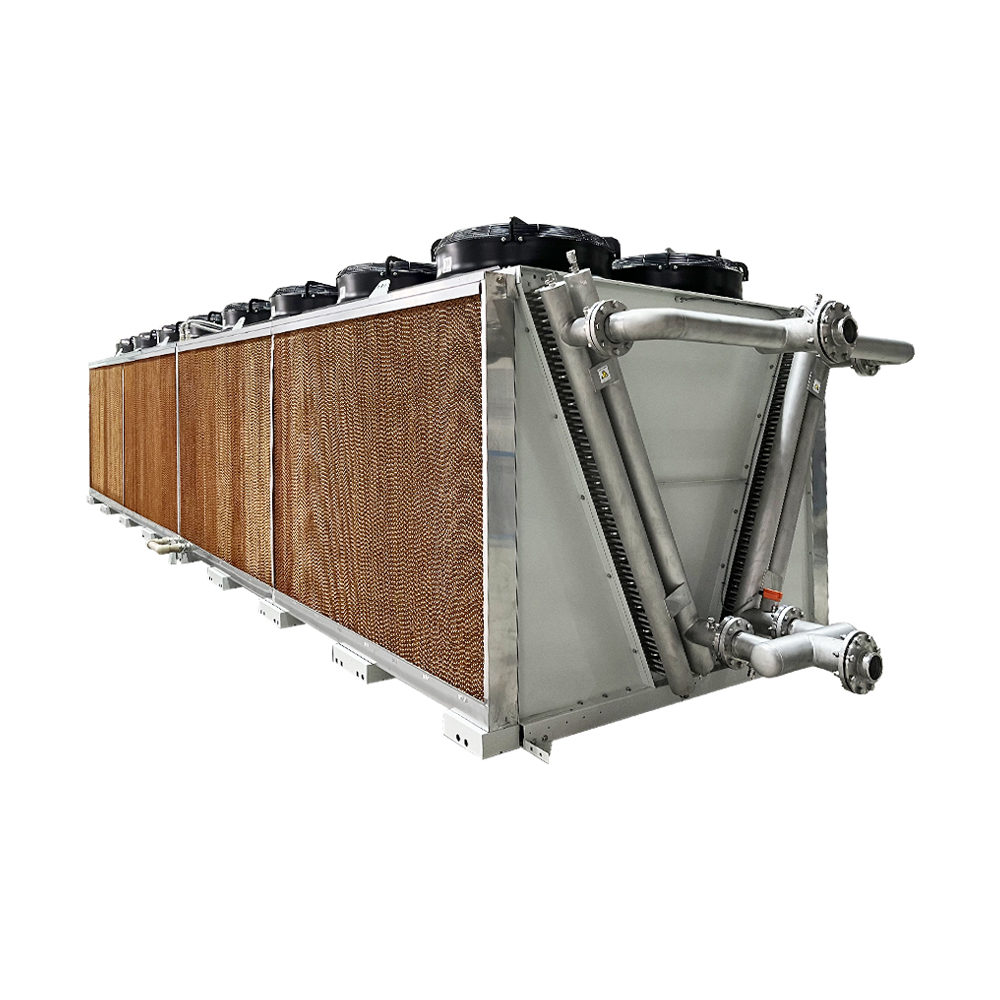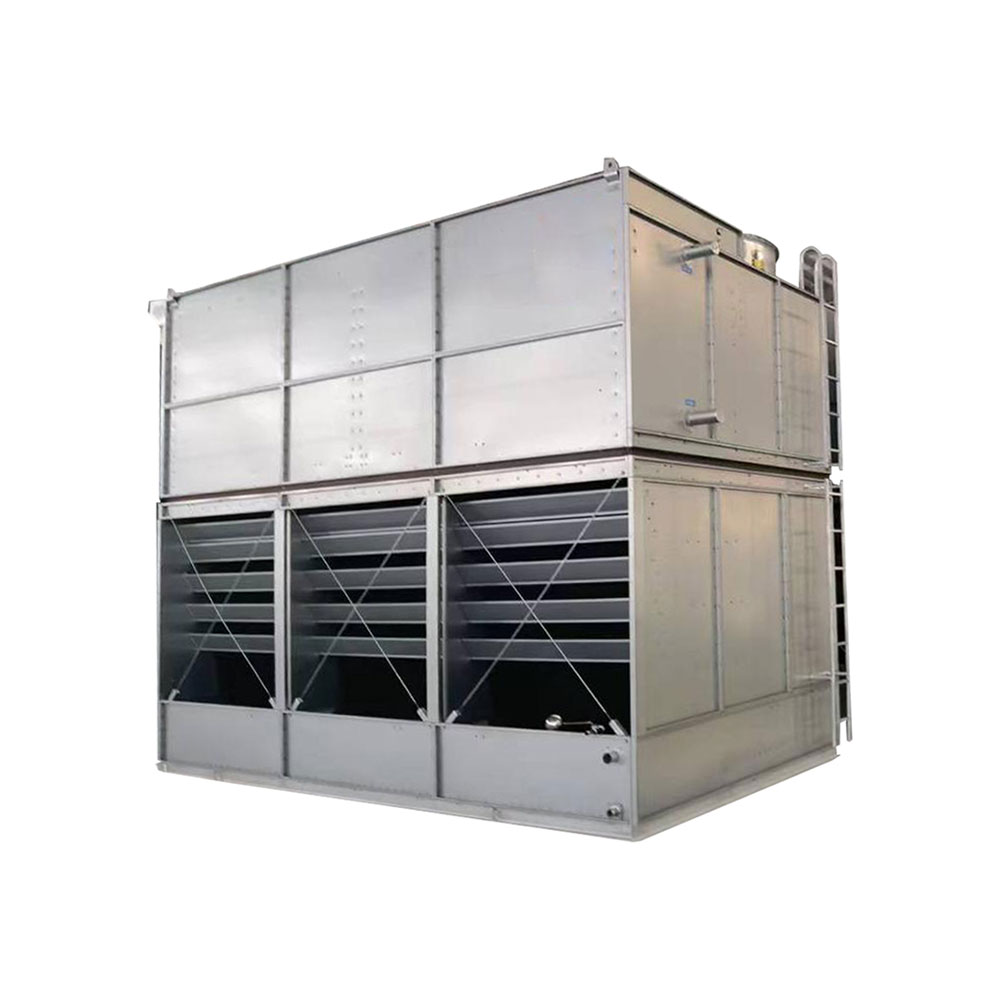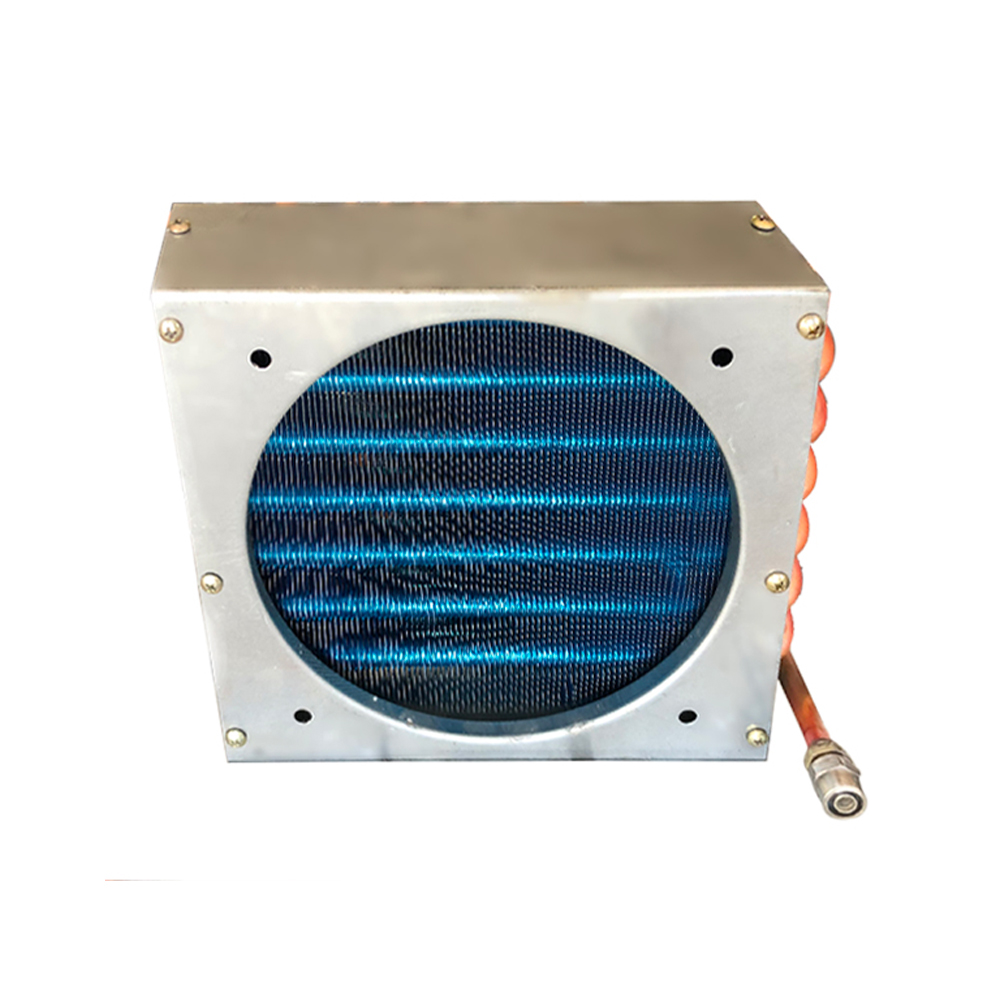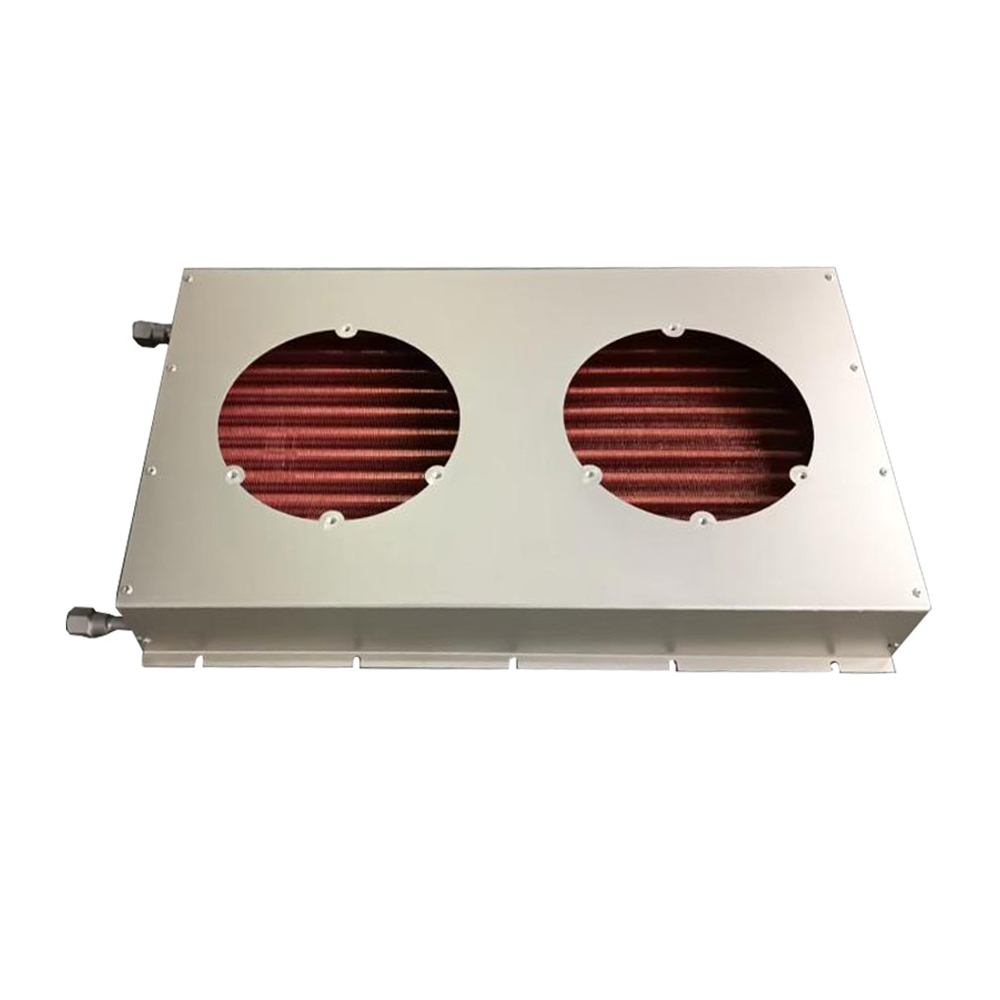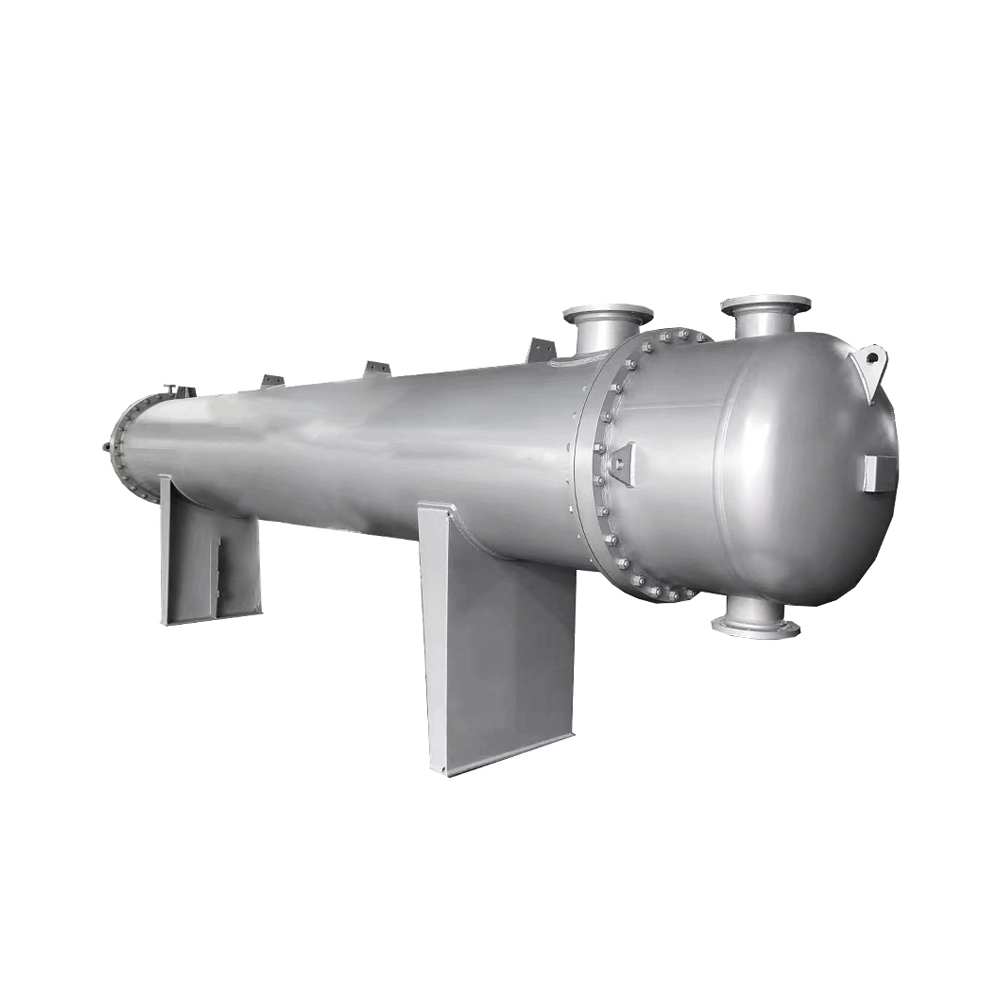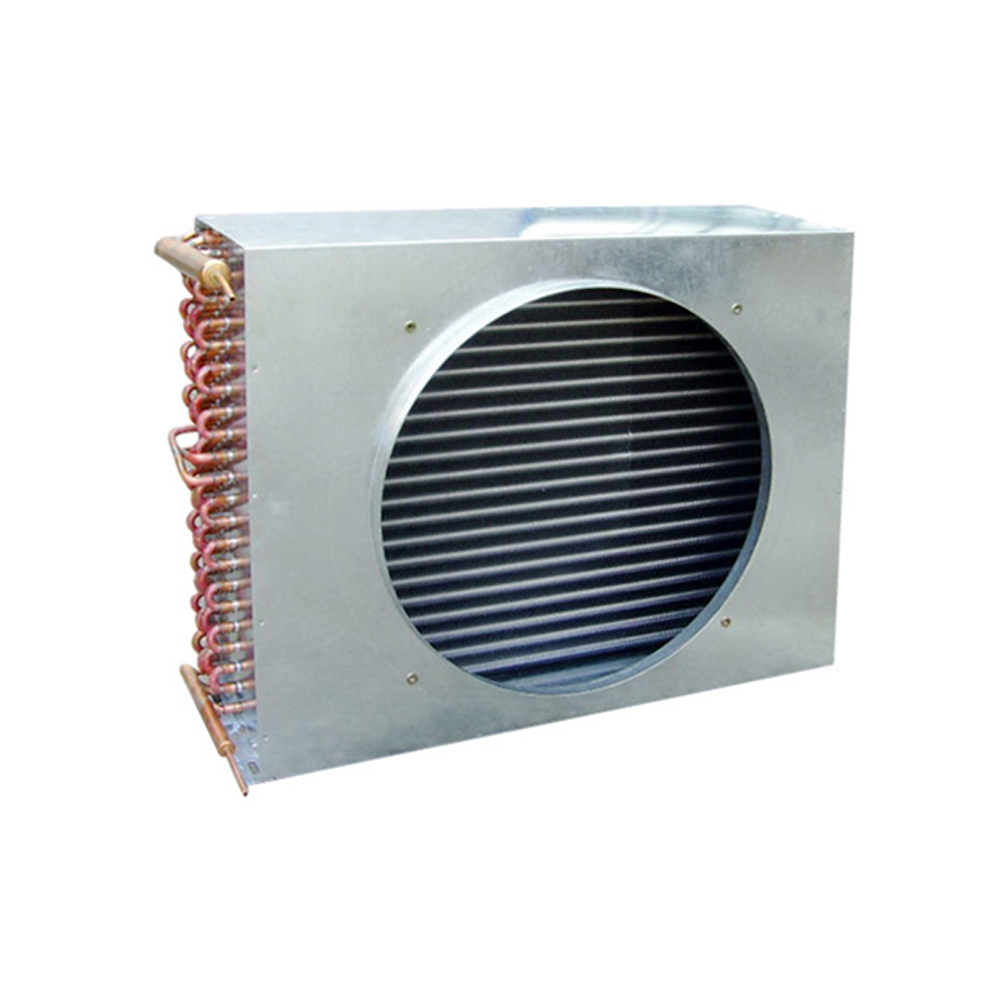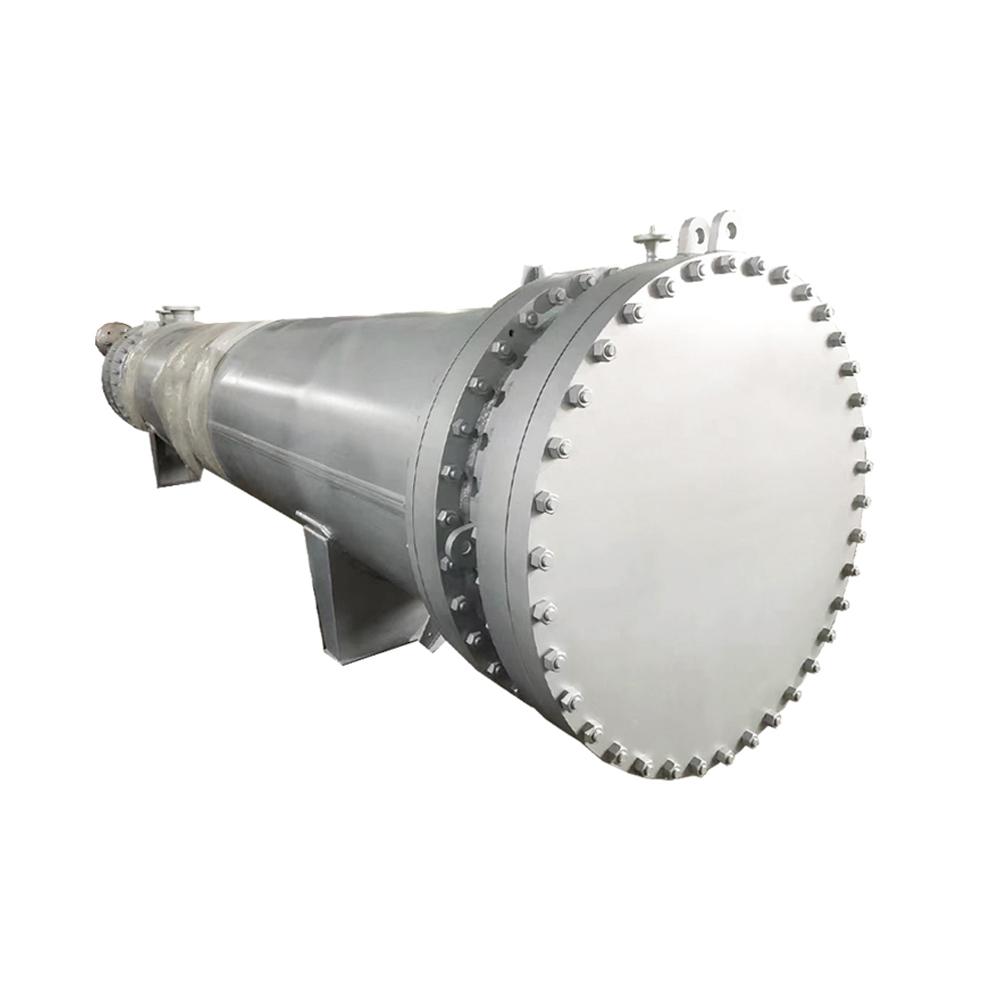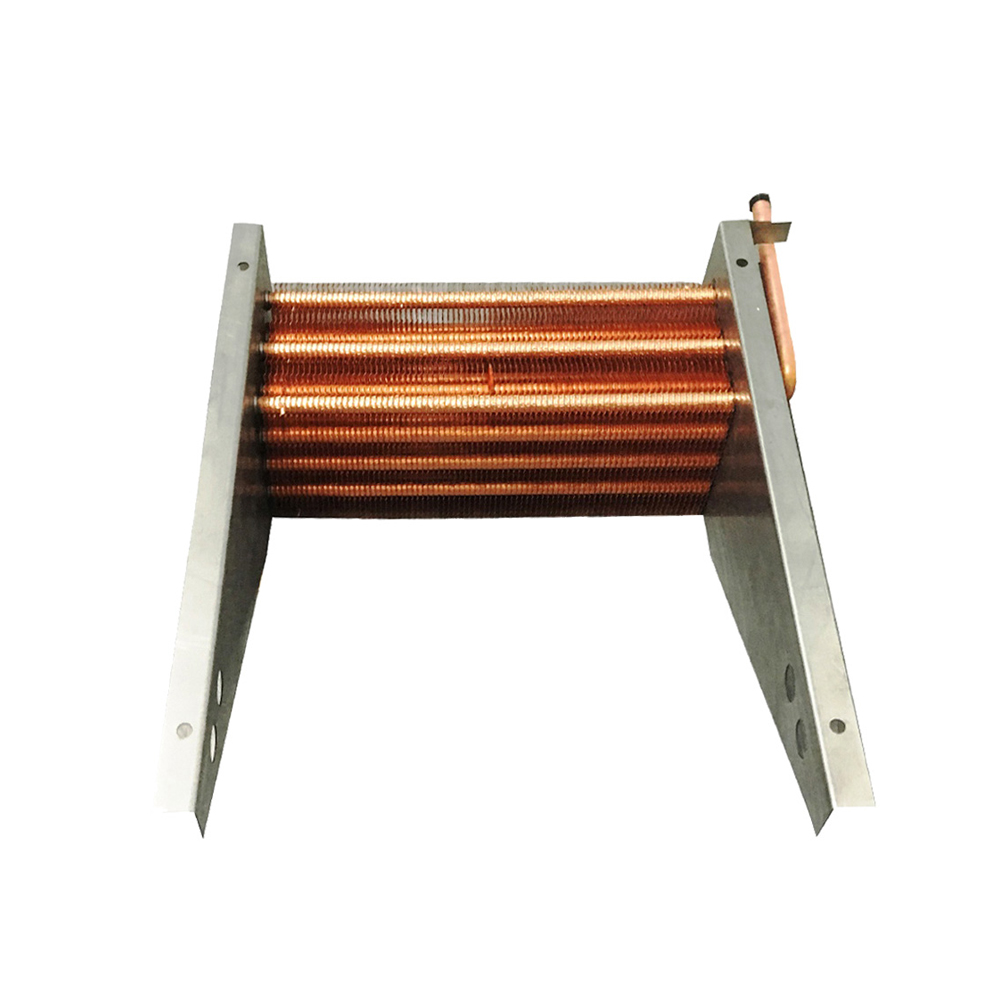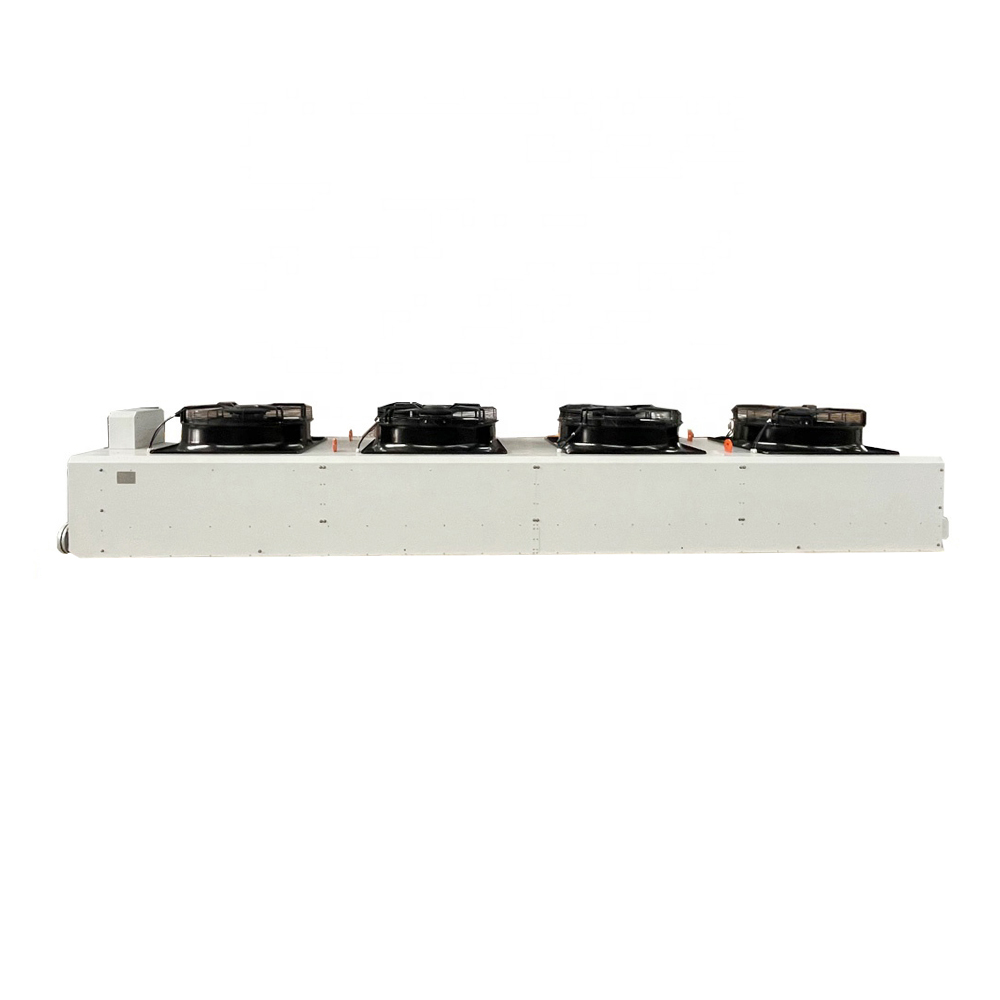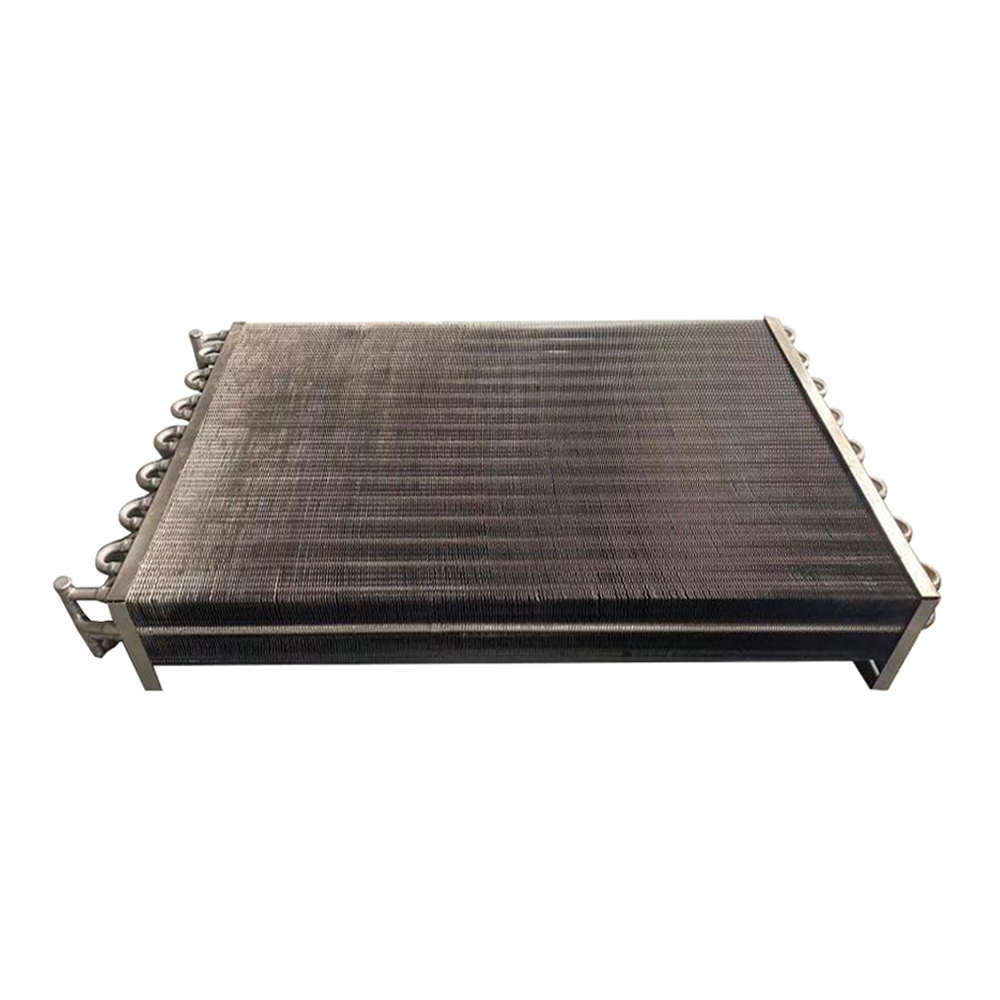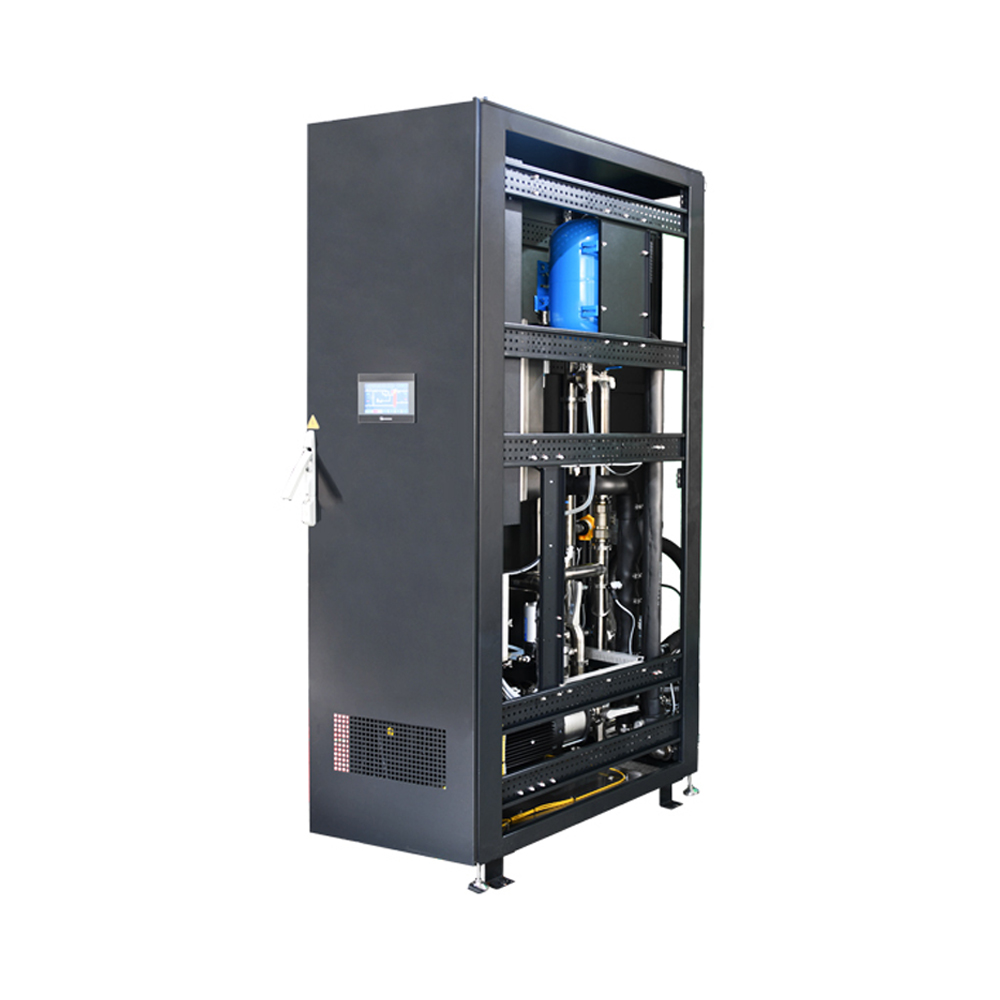This comprehensive guide helps you navigate the world of closed-circuit cooling tower suppliers, outlining key considerations for selecting the best system for your needs. We'll explore various types, factors influencing your choice, and essential questions to ask potential suppliers.
Understanding Closed-Circuit Cooling Towers
What is a Closed-Circuit Cooling Tower?
Unlike open-circuit systems, closed-circuit cooling towers utilize a closed loop of water, preventing evaporation and minimizing water consumption. This makes them ideal for applications where water conservation is crucial or where the water quality needs to be maintained, such as in industrial processes. The heat is transferred from the process water to the cooling water within a heat exchanger, then the cooling water is cooled by evaporation in the cooling tower. The cooled water is then recirculated back to the heat exchanger. This closed system minimizes the risk of scaling, corrosion, and contamination.
Types of Closed-Circuit Cooling Towers
Several types of closed-circuit cooling towers exist, each with its own strengths and weaknesses. These include counter-flow, cross-flow, and induced draft designs. The optimal choice depends on factors like available space, budget, and the specific cooling requirements of your application. For example, counter-flow towers are often praised for their high efficiency, while cross-flow designs tend to be more compact.
Key Factors to Consider When Choosing a Supplier
Capacity and Performance
The cooling capacity of the tower must meet your specific needs. Carefully evaluate the heat load and ensure the chosen supplier can provide a system with sufficient capacity. Consider factors like the ambient temperature and the desired water temperature reduction.
Materials and Construction
The materials used in the construction of the closed-circuit cooling tower directly impact its durability and lifespan. Look for suppliers using high-quality materials resistant to corrosion and degradation. Fiberglass reinforced plastic (FRP) and stainless steel are common choices for their resilience.
Maintenance and Service
Regular maintenance is essential for optimal performance and longevity. Inquire about the supplier's maintenance services, warranty periods, and the availability of spare parts. A reputable supplier will offer comprehensive support and readily accessible service options.
Cost and Budget
While price is a significant factor, avoid compromising on quality. Obtain detailed quotes from multiple suppliers, comparing not only the initial cost but also the long-term operating and maintenance expenses. Consider the total cost of ownership (TCO) to make an informed decision.
Choosing the Right Closed-Circuit Cooling Tower Supplier
Questions to Ask Potential Suppliers
Before making a final decision, thoroughly vet potential suppliers. Ask about their experience, project portfolio, references, and their commitment to quality and customer service. Clarify installation procedures, warranties, and ongoing support.
| Factor | Importance |
| Capacity | High |
| Materials | High |
| Maintenance | High |
| Cost | High |
Table 1: Key Factors in Selecting a closed-circuit cooling tower Supplier
Due Diligence is Key
Thorough research and careful evaluation are crucial when selecting a supplier for your closed-circuit cooling tower. Don't hesitate to seek multiple quotes, ask questions, and verify credentials before committing to a purchase. Choosing the right partner can significantly impact the efficiency, reliability, and longevity of your cooling system.
For high-quality closed-circuit cooling towers and exceptional customer service, consider Shanghai SHENGLIN M&E Technology Co.,Ltd. They offer a wide range of solutions to meet diverse needs.









